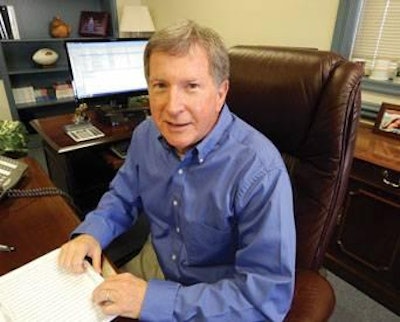
of Mountaire Farms, has worked for the company for more than 34 years in positions of increasing responsibility, including chief operating officer and vice president of live operations.
Mountaire centennial anniversary celebrations
Hayes Grain and Commission Company
Start in commercial feed milling, move into chicken business
One of the nation’s top 10 broiler producers
Mountaire Farms, which reported sales of $2.03 billion in 2013, has operations that include:
Mountaire’s community and faith-based activities
Examples of Mountaire’s community and faith-based activities include:
Measuring Mountaire’s business success
A couple of things stand out about the company’s success in the chicken business:
Major poultry acquisitions, expansions and internal growth
Keys to Mountaire Farms’ success
What are the keys to Mountaire Farms' success in the chicken business?
Business success starts with people
Sticking to the business strategy
Having a sound business strategy and keeping to it helps drive Mountaire’s success, Tirrell said.
Is growth a central business objective at Mountaire Farms?
Growth is pursued where it meets Mountaire's strategy and operational goals.
Knowing the mission at Mountaire Farms
The focus on operational excellence helps drive customer value, Tirrell added.
A philosophy of organized, stable growth has been successful in allowing the Mountaire organization to stay focused on the core issues of business culture, operational excellence and strategy.


















